Ringo Starr – The Beatles
We’re not the first to say it, and we won’t be the last. The Beatles may have been the single most important band in the history of rock’n’roll, responsible for many great innovations which significantly moved the art form along – but very little of that was down to Ringo Starr.
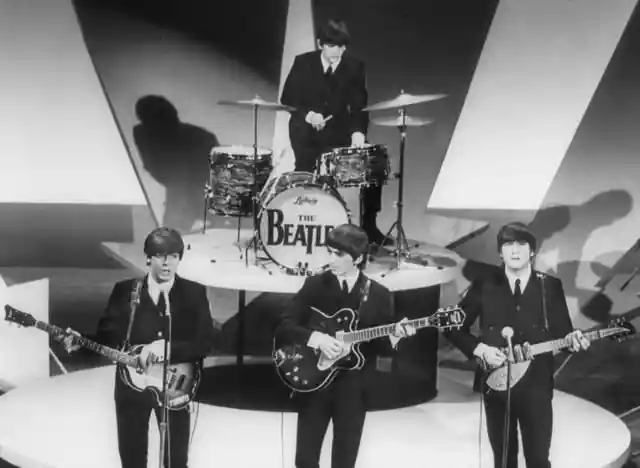
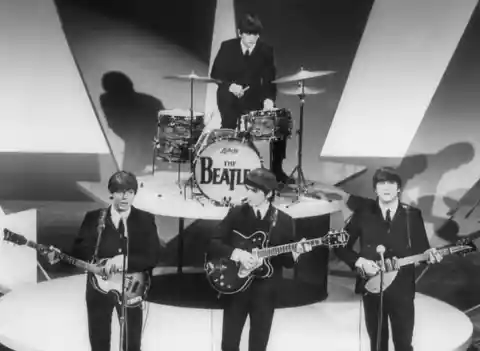
Ringo's simplistic drumming and vocals paled in comparison to the skill of his bandmates, and while it has become somewhat of a cliché to say, it remains true that Ringo just wasn't operating on the same level as the rest of the Fab Four.
David Lee Roth – Van Halen
Van Halen redefined hard rock in the 1980s thanks to lead guitarist Eddie Van Halen’s virtuoso musicianship, but there’s also a lot to be said for Alex Van Halen’s drumming and Michael Anthony’s bass.
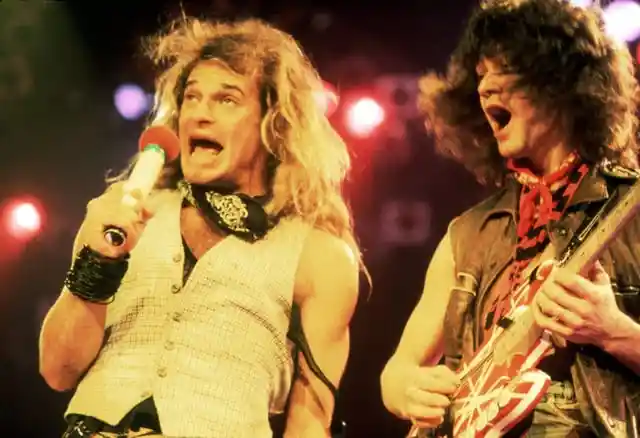
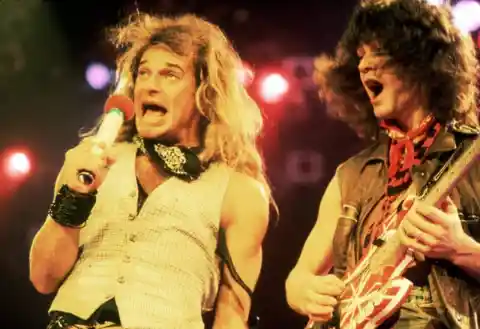
David Lee Roth’s vocals, however, left a lot to be desired, and during live performances he was frequently more interested in showboating than being in time or in tune, leading to a show that looked great but didn't sound all that good.
Michelle Williams – Destiny’s Child
When the figurehead of a girl group is someone as phenomenally talented as Beyoncé Knowles, the supporting members are in a thankless position. Michelle Williams is by no means a bad singer, but lacks the range and power of her Destiny’s Child cohorts Knowles and Kelly Rowland.
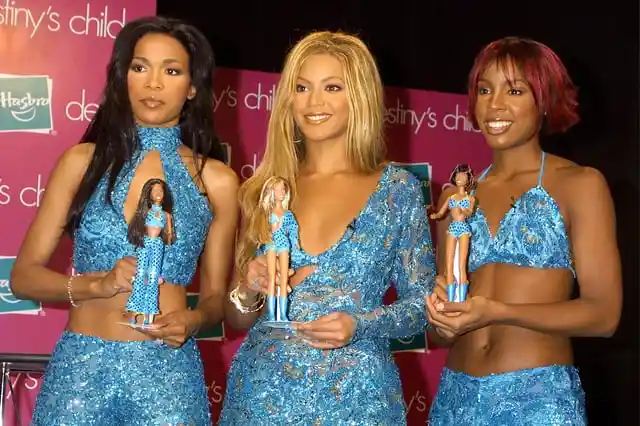
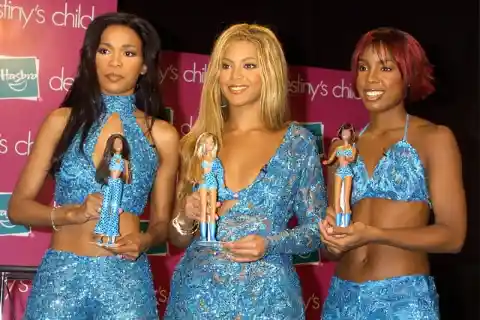
She wound up so under-utilized, sometimes you had to question why she was in the band at all, and has gone on to receive the least musical acclaim of her bandmates.
Sid Vicious – Sex Pistols
Musicianship was never considered the most important thing in punk rock, but most of the greats – including Sex Pistols guitarist Steve Jones – were at least moderately competent with their instruments.
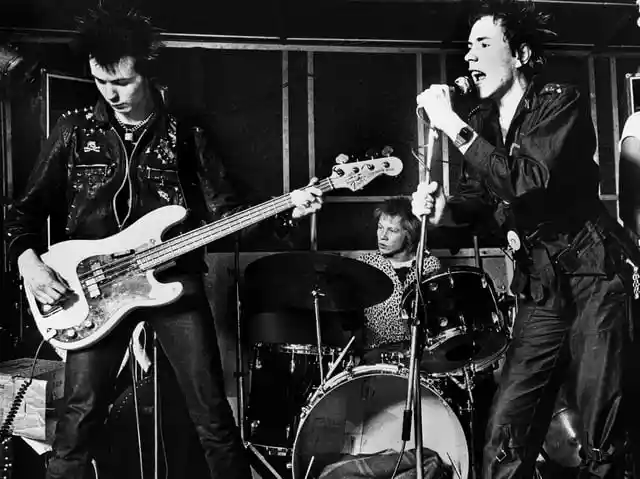
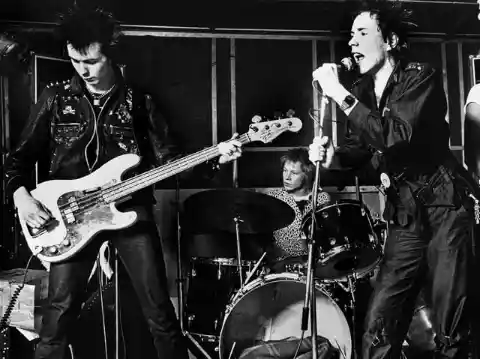
However, Sid Vicious was hired as the Sex Pistols' bassist based mostly on looks, attitude and friendship with frontman Johnny Rotten. His near-total inability to play was a major detriment to the band, and led to more than a few disappointing live shows.
Lars Ulrich – Metallica
As the founding member and co-songwriter of Metallica, there’s no question that Lars Ulrich has helped steer the thrash metal quartet into one of the biggest success stories in rock music history.
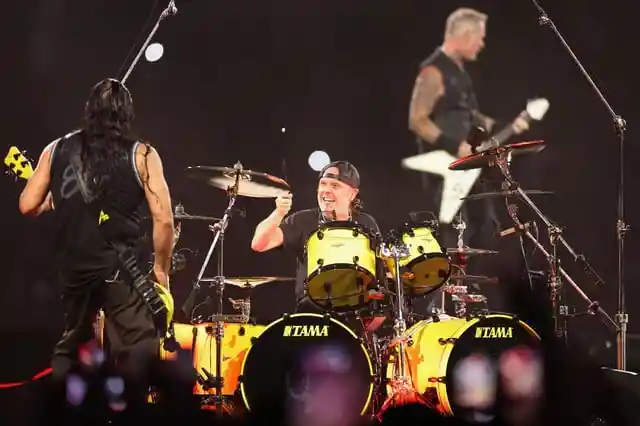
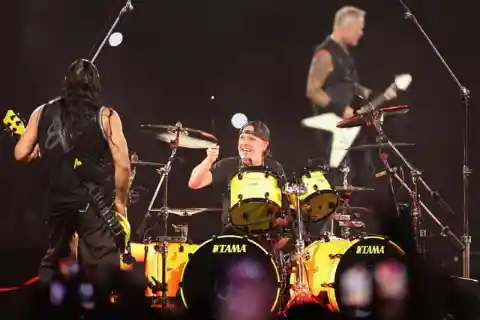
Opinion is a little more divided when it comes to his prowess behind the drum kit. Ulrich certainly hits the drums and cymbals hard and fast, but many note his rhythm is sloppy.
Ozzy Osbourne – Black Sabbath
It’s impossible to imagine heavy metal pioneers Black Sabbath without front man Ozzy Osbourne, but this doesn’t change the fact that he was clearly the weakest link in the band’s original line-up.
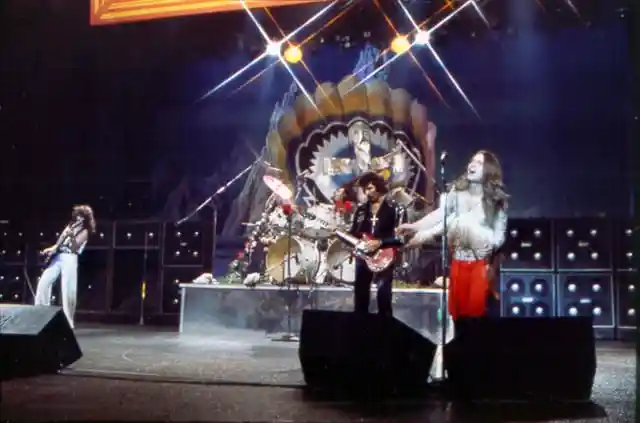
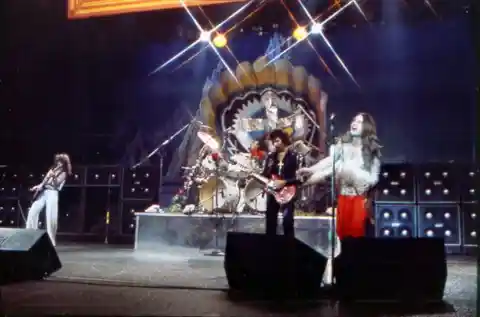
Vocally, Ozzy was always very limited, which kept the band from exploring the different sounds they would embrace in the 80s with Ronnie James Dio and their other subsequent lead singers. His live performances garnered more attention for his bat-eating antics than his powerhouse vocals.
Victoria Beckham – Spice Girls
The massive success of The Spice Girls was never exclusively about their music – but even so, the beloved 90s British girl band had two strong singers in Emma Bunton and Melanie C, whilst Melanie B and Geri Halliwell could at least hold a tune.
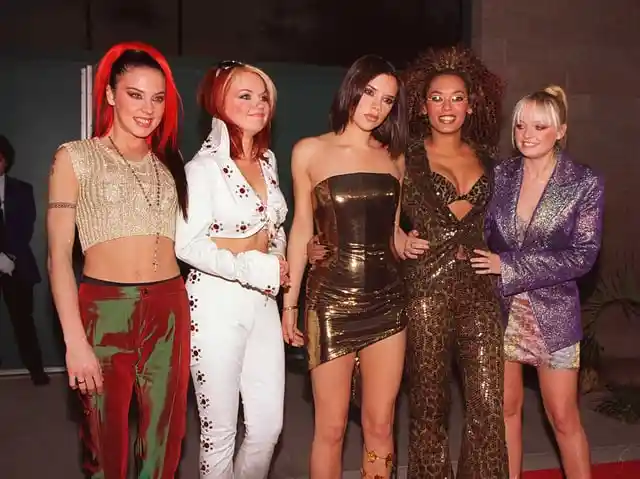
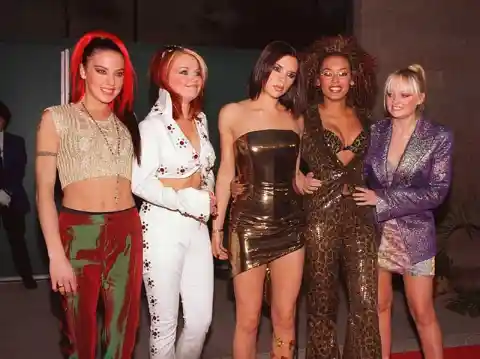
As for Victoria Beckham, née Adams… did she ever do anything beyond standing there looking severe? A short-lived, ill-advised solo pop career quickly cemented that Posh Spice was the weakest spice in the rack.
Meg White – The White Stripes
This one feels rather like shooting fish in a barrel, but nonetheless, there’s no real debate that Meg White of the White Stripes is a less-than awe-inspiring drummer, even if public opinion has turned somewhat recently.
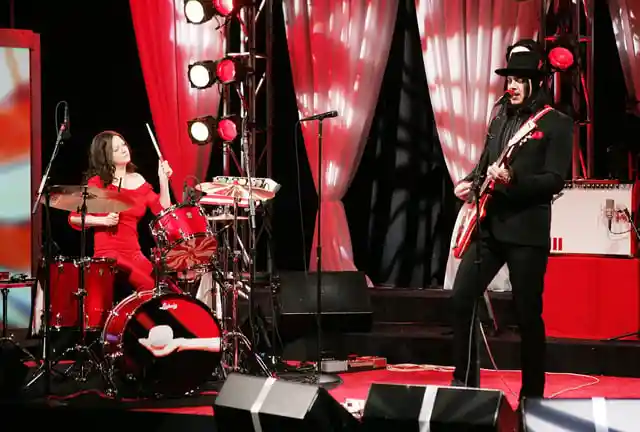
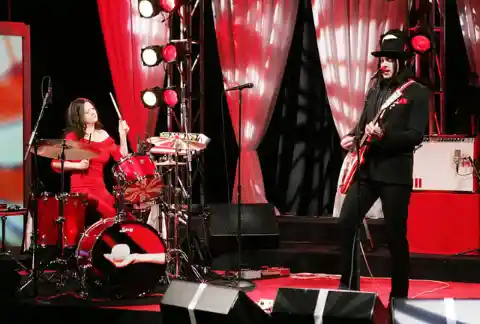
Jack White has spoken in defense of his ex-wife and former bandmate’s musicianship, insisting her amateurish approach was appropriate to the bluesy rock duo’s lo-fi stylings – but many music lovers remain unconvinced.
Andrew Ridgeley – Wham!
Wham! may have officially been a duo, but there can be very little debate over the fact that the British 80s pop act enjoyed their huge success based on the talent and charisma of late lead singer and songwriter George Michael.
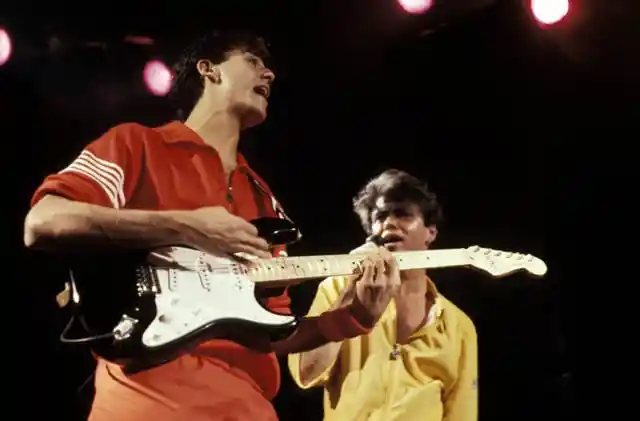
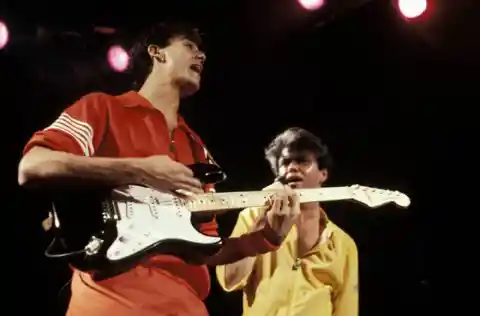
Most fans struggle to remember what Andrew Ridgeley even did, and the fact that he disappeared from music once Wham! was over pretty much says it all.
Courtney Love – Hole
The massive fame/infamy of Courtney Love and her late husband Kurt Cobain has often overshadowed the fact that her band Hole – of which she was the lead singer, rhythm guitarist and principal songwriter – were actually pretty good.
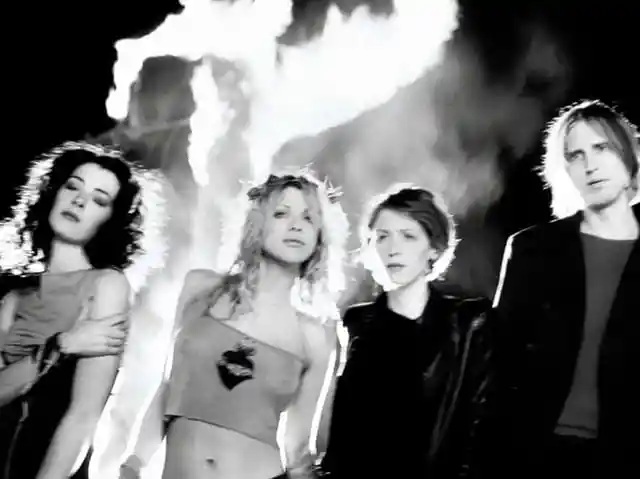
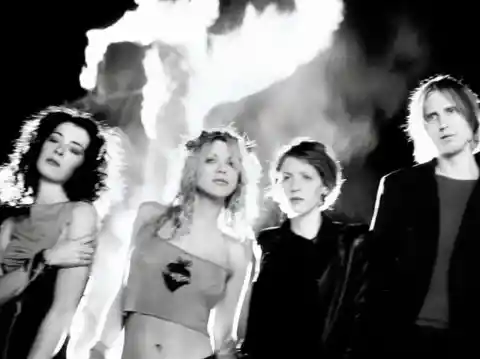
Sadly, Love’s poor musicianship and singing plus larger-than-life persona meant that many often failed to note the talent of guitarist Eric Erlandson and the band’s changing line-up of bassists and drummers.
Ian Brown - The Stone Roses
When they emerged at the tail end of the 1980s, The Stone Roses took over the British indie music scene and (hand-in-hand with the Happy Mondays) made Manchester the place to be.
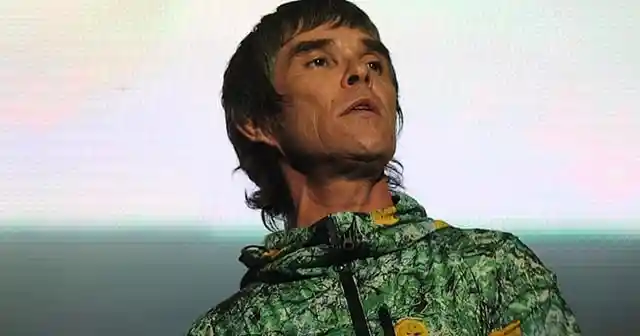
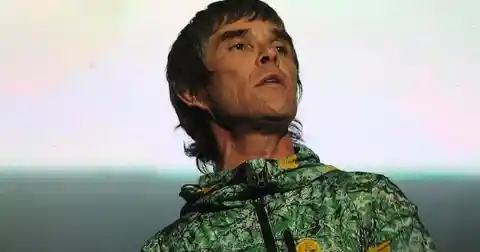
Still, while no one could ever question frontman Ian Brown's stage presence and bravado, the limitations of his vocals have always been painfully apparent, in stark contrast to his skilled bandmates.
Adam Clayton - U2
Irish stadium rock superstars U2 have been one of the biggest bands in the world since the 80s, but their merit as musicians has always been the subject of some debate.
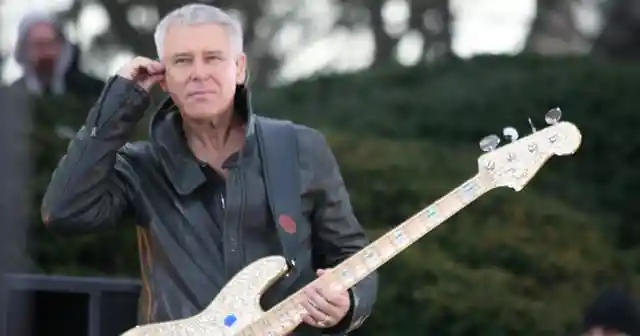
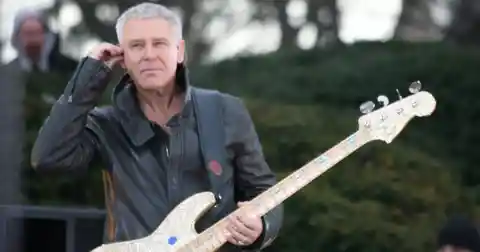
Still, if any one member of U2 never seems to put forth the effort it's bassist Adam Clayton, who rarely goes beyond playing the basic root notes without adding anything particularly interesting.
Lol Tolhurst - The Cure
There's a reason why Robert Smith is the only member of The Cure that most people remember: he's the band's only consistent member, and his vision has always dictated their musical direction.
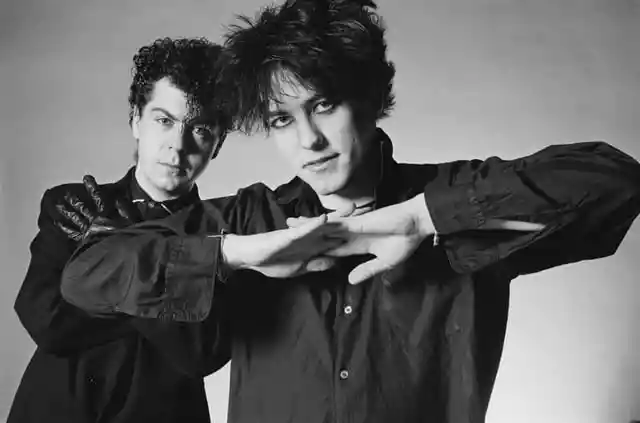
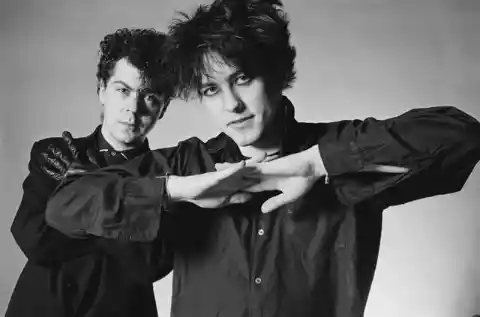
The Cure's second longest-serving member Lol Tolhurst started out as drummer, then moved onto keyboards as he couldn't keep up with the music's increasing complexity.
Kenney Jones - The Who
Kenney Jones was a respected drummer for his work with The Small Faces and The Faces, but he was in a thankless position when asked to replace the late Keith Moon in British rock icons The Who.
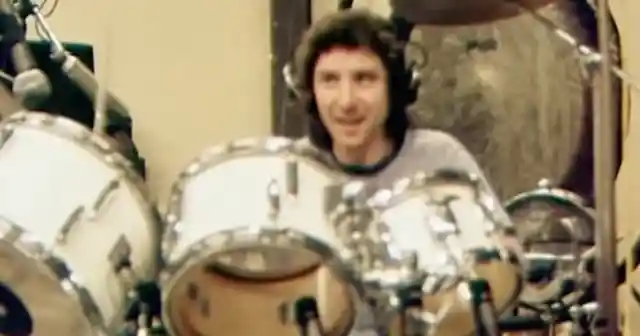
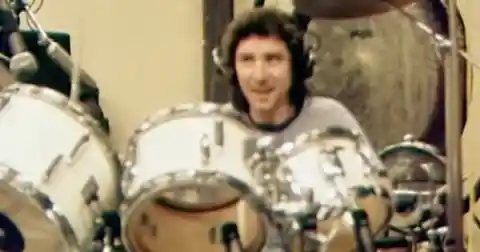
Moon's extravagant playing and showmanship was a key part of the band's success, and Jones - as a more down-to-earth, workmanlike player - simply couldn't deliver that.
Richey Edwards - Manic Street Preachers
It feels distasteful to speak ill of former Manic Street Preachers rhythm guitarist and lyricist Richey Edwards: deeply troubled, he disappeared in 1995, has never been found and is now legally considered dead.
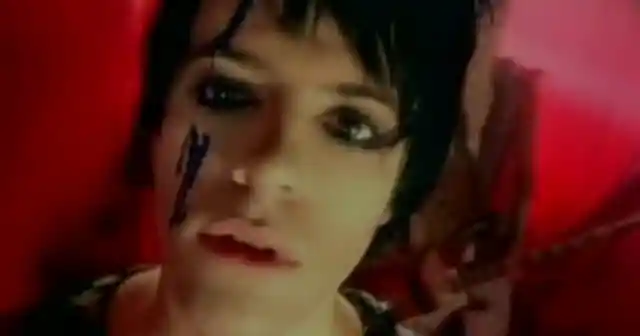
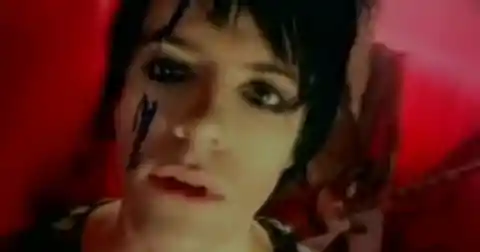
Even so, it's hard to dispute that Edwards added little to the Welsh rock band musically; infamously, his musical ability was so limited that his guitar was often unplugged during performances.
Nick Mason - Pink Floyd
As much as Pink Floyd are considered pioneers of progressive rock, their music never really managed the same levels of sophistication as many of the great prog rock bands.

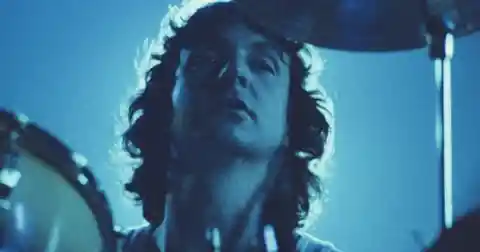
This is in large part due to the limitations of drummer Nick Mason, whose basic approach kept the band from trying the unusual time signatures and faster-paced sounds that many other prog acts explored.
D’Arcy Wretzky - Smashing Pumpkins
Smashing Pumpkins were one of the biggest and most technically proficient alt-rock bands of the 90s, known for their epic, intricate musical arrangements. In the male-dominated grunge scene, D'Arcy Wretzky was a pioneer of the 'cool female bassist' era.
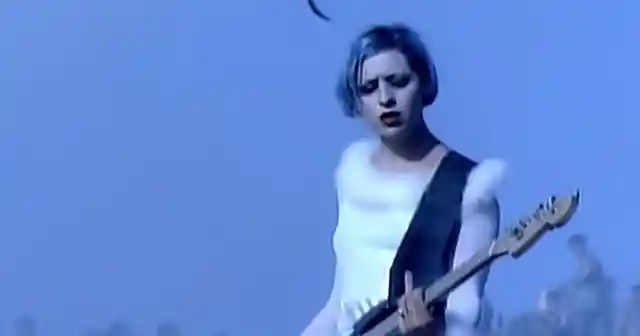

Even at the height of their success, though, it was an open secret that bassist Wretzky was so lacking musically that she barely played on their recordings, with front man and lead guitarist Billy Corgan taking over in the studio.
Alex James - Blur
Britpop trailblazers Blur became one of the UK's biggest exports in the 1990s thanks both to their charisma and their musicianship. Bass player Alex James has plenty of the former, but not so much of the latter.
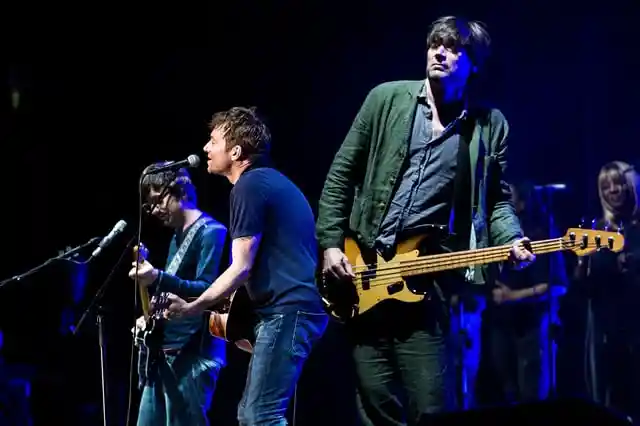
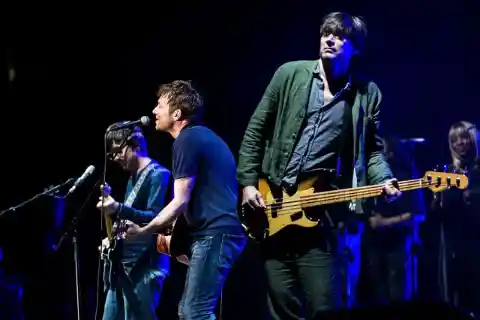
While his limitations never heavily impeded Blur musically, it was always apparent that James was the one who brought the least to the table, and was instead content to be the pretty face of the band.
Rob Zombie - White Zombie
Considering that Rob Zombie has gone on to enjoy huge, enduring success as a solo artist (as well as enjoying a side career as a horror filmmaker), it might seem odd to declare him the weakest link of the band with whom he made his name.
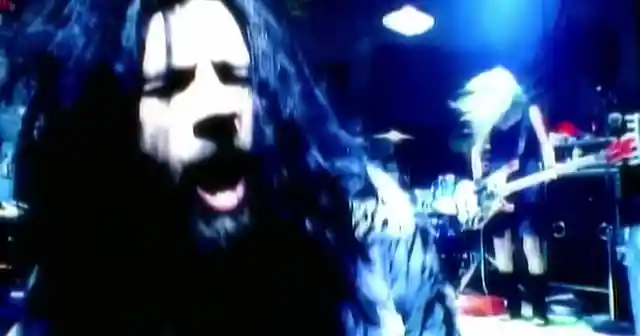
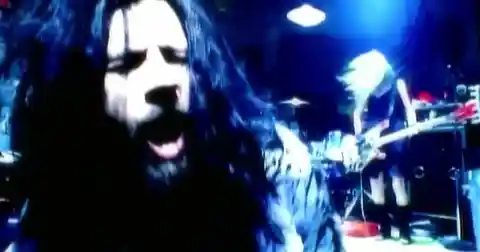
Still, while Zombie may have a distinctive aesthetic sensibility, as a vocalist he's never delivered much beyond constant tuneless shouting and his lyrics - while often intentionally campy - are pretty forgettable.
William Goldsmith - Foo Fighters
William Goldsmith has the awkward distinction of being an original member of the Foo Fighters, but one whose playing has barely made it onto any Foos records.
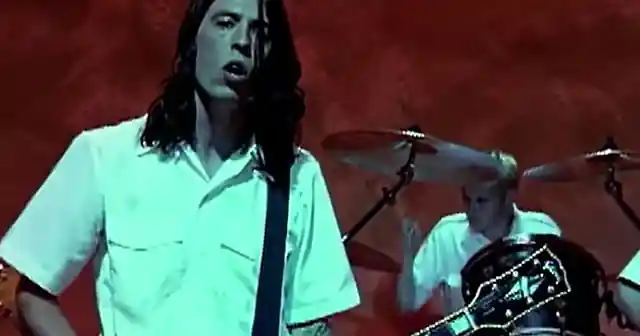
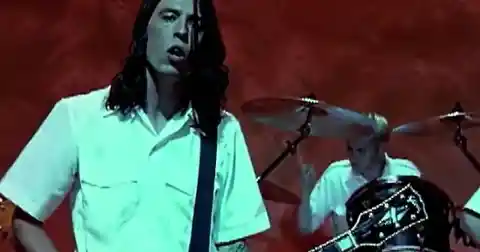
Band leader Dave Grohl, famously an accomplished drummer himself, was dissatisfied with Goldsmith's work in the studio, leading to him re-recording almost all the drum parts himself. Unhappy with this, Goldsmith quit, to be replaced by the late Taylor Hawkins.
Linda McCartney - Wings
Linda McCartney is best remembered today for her early work as a photographer, her role in popularizing vegetarianism and her brave battle with cancer which sadly ended her life too soon.
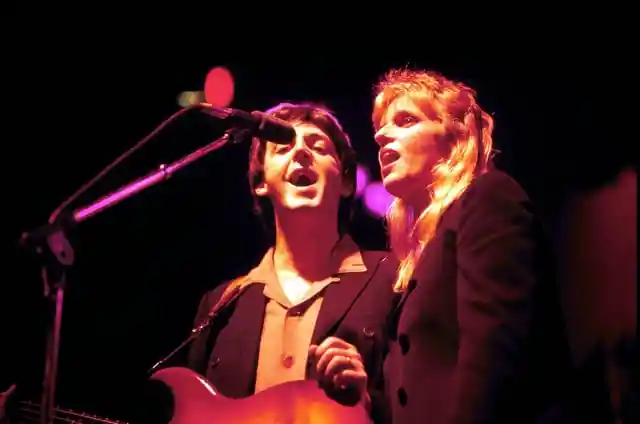
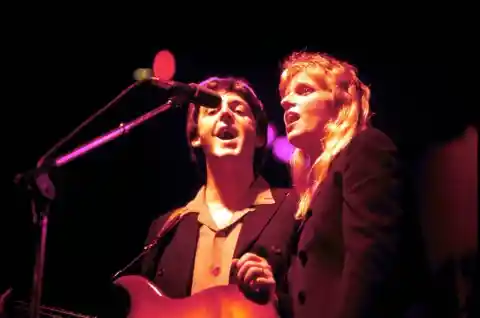
Even so, no one would dispute that she was by no means a great singer or keyboard player, despite her long stint performing alongside her husband Paul McCartney in his post-Beatles supergroup Wings.
Tom DeLonge - Blink-182
Just like most punk rock bands, Blink-182 have never played a style of music which hinges on advanced musicianship, so we're not going to give Tom DeLonge too hard a time for his rudimentary guitar technique and sound.


However, we must take exception to that voice that seems to be emitted almost exclusively by his nostrils and, for some, renders the band's music unlistenable.
Cliff Williams - AC/DC
Cliff Williams is from Romford, East London, thousands of miles away from Australia, the home of AC/DC. When the band needed a new bassist in the late 70s, one wouldn't have thought they'd have to cast their net so far afield to find someone who just plays the root notes for every song.


Sure, AC/DC's simplicity is part of their charm, but still - Williams adds nothing of particular note to the great canon of rock history.
Neil Codling - Suede
After Suede's original guitarist Bernard Butler quit, the Britpop group decided to rejuvenate their sound by adding keyboard player Neil Codling.


Just how much this new member really brought to the table is debatable, given he never seemed to do much but hold down one finger at a time for extended periods.
Louis Tomlinson - One Direction
From 2010 to 2015, One Direction were without a doubt the biggest boy band in the world, and the solo success (both in music and movies) of Harry Styles has subsequently enjoyed leaves us in little doubt of where the real talent lay.
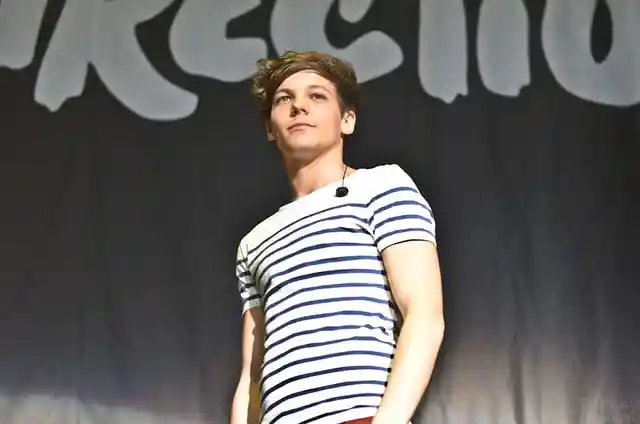

By contrast, Louis Tomlinson was surely the least charismatic, least memorable member of the British quintet, and his skills as a performer aren't much to write home about.
U-God - Wu-Tang Clan
Since their emergence in the early 90s, New York hip hop collective the Wu-Tang Clan have been one of the most acclaimed and commercially successful rap acts ever, launching such icons as RZA, Method Man, Ghostface Killah and ODB.
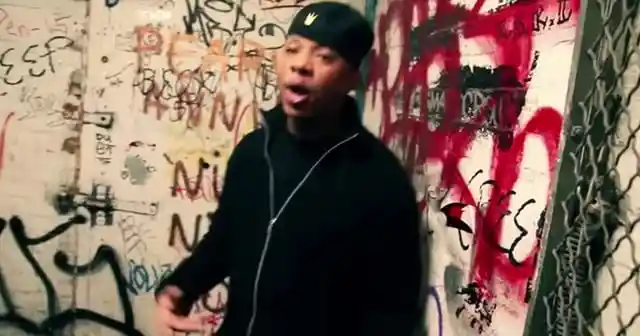
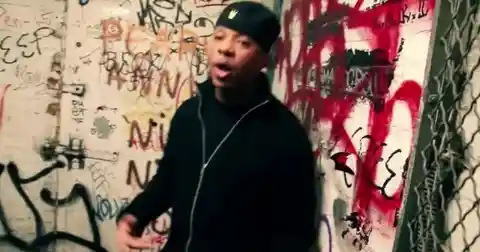
We tend to hear a bit less about U-God, probably because he has a rather less distinct personality and tends to blur into the background. While not necessarily untalented, U-God just doesn't stand out in the Wu-Tang crowd.
J-Hope - BTS
K-pop boy band BTS have enjoyed unprecedented success since their arrival on the scene back in 2010, becoming the first South Korean act to enjoy stadium superstardom all over the world.


However, while each member of the band is important to their Army even the most devoted BTS fans tend to agree that J-Hope is by far the least endearing of the energetic ensemble.
Neal Schon - Journey
A lot of music that emerged from the the early 70s prog-rock scene has aged pretty badly. The same can be said of the more pop-oriented rock of the 80s. Journey has the distinction of belonging to both camps.
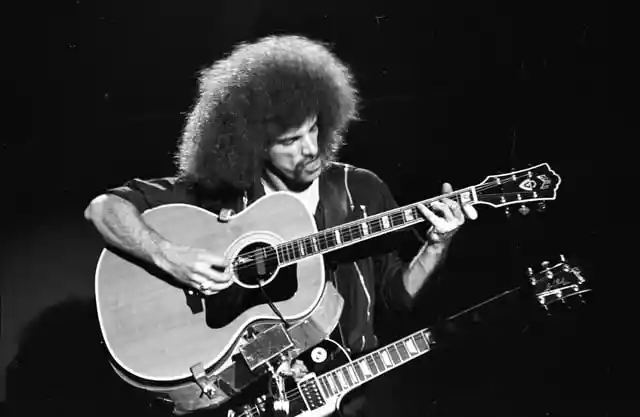
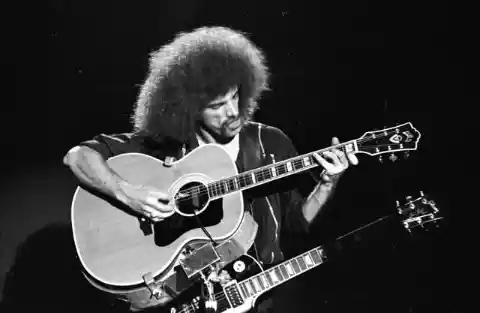
Clearly they're skilled musicians, but their lack of taste is often quite staggering, particularly from guitarist Neal Schon, whose extravagance frequently topples over into self-parody.
Graham Nash - Crosby, Stills, Nash & Young
Folk rock quartet Crosby, Stills, Nash & Young were one of the original supergroups - but let's face it, one member was always a lot less super than the others.
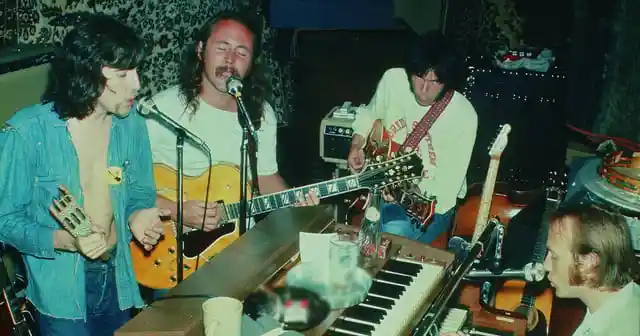
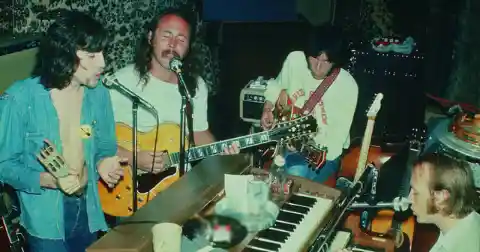
Graham Nash's voice might work well in those iconic four-part harmonies, but as a lead vocalist he's too reedy, and his quaint, cutesy songs are by far the less interesting the band ever recorded.
Gene Simmons - Kiss
The merits of stadium rock superstars Kiss as consummate showmen has never been in question, although the same can't be said of their ability as musicians and songwriters.
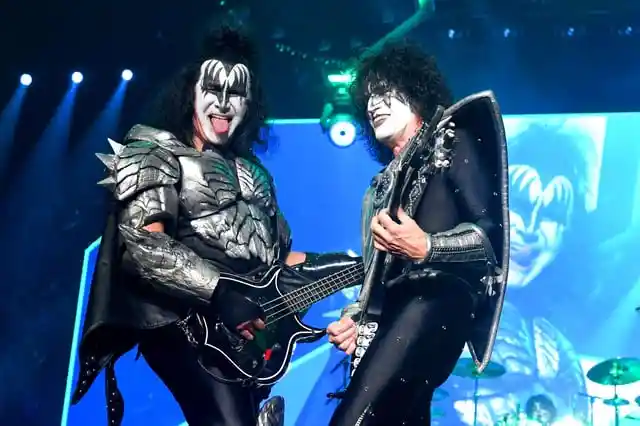
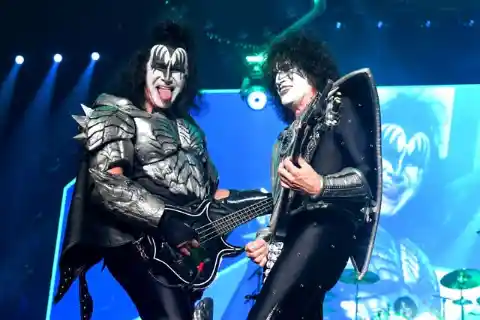
Founder member Gene Simmons may be the biggest showboater of the bunch, but as a vocalist and a bass player he's always left a great deal to be desired. Behind the crazy makeup, there's just not a lot to write home about.
Chris Kirkpatrick - NSYNC
As much as every successful boyband commands a fervent fanbase, there will also always be factions within that group who throw the bulk of their love behind one specific member.
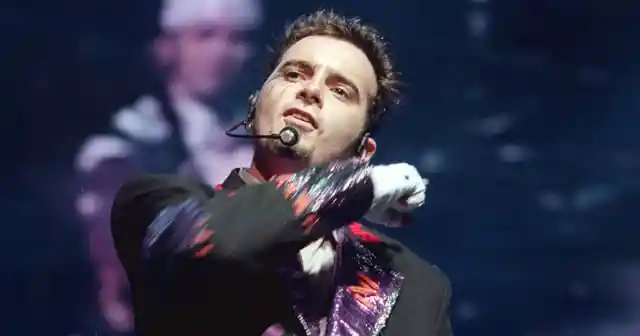
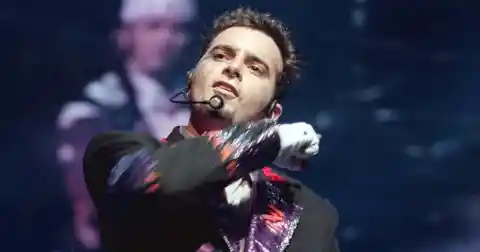
But was Chris Kirkpatrick really anyone's favorite member of NSYNC? Sure, he has the distinction of getting name-checked in Eminem's Without Me, but otherwise there's very little memorable about him.
Roger Taylor - Queen
Thanks to the powerhouse vocals of Freddie Mercury and the virtuoso guitar playing of Brian May, British rockers Queen became legends. We're not suggesting drummer Roger Taylor didn't contribute to that success, but he doesn't stand as a definitive example of his craft like his bandmates.
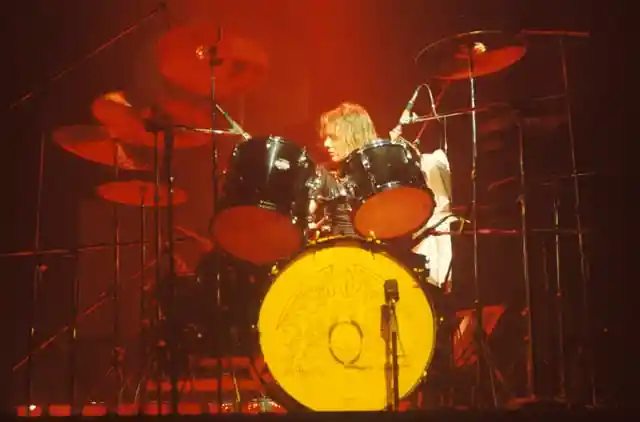
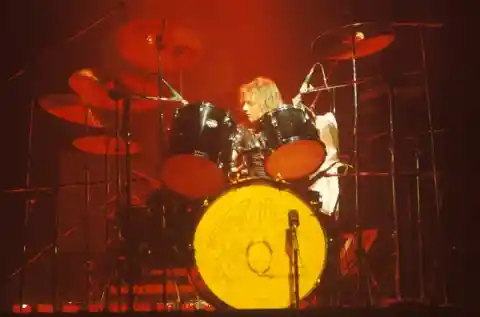
Frankly, the less said about Roger Taylor's songwriting contributions the better (I'm In Love With My Car, anyone?), although his place in the Rock and Roll Hall of Fame is secure.
Bill Wyman - Rolling Stones
The Rolling Stones have been one of the biggest rock'n'roll bands in the world for over 60 years. It speaks volumes that original bass player Bill Wyman has been absent for more than half that time, and barely anyone seems to have noticed.
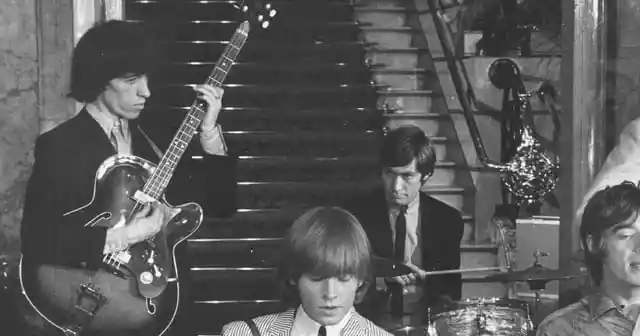
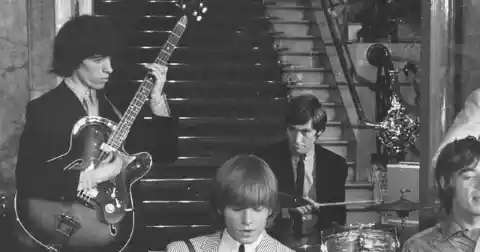
We're not saying Wyman is a poor musician, but there's no question that he always tended to fade into the background. And how could he not, in a band with born-showmen Mick Jagger and Keith Richards?
C.J. Ramone - The Ramones
Replacing Ramones founder member Dee-Dee was always going to be a double-edged sword. When Christopher Joseph Ward became C.J. Ramone and took over as the new bassist of the punk icons in 1989, the band (which lasted another seven years) was never the same.
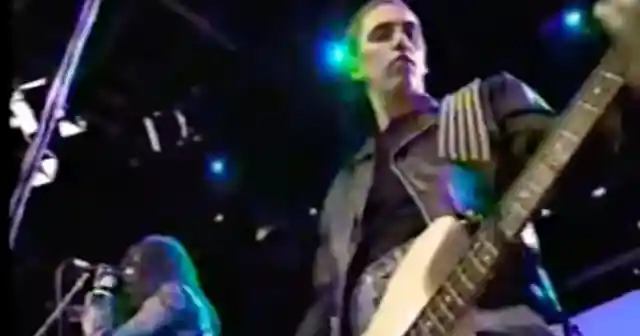
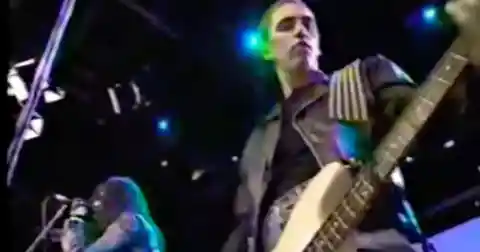
C.J.'s simple style was fine, but his youth and attitude were out of step, and his songwriting contributions never felt right.
Anthony Kiedis - Red Hot Chili Peppers
When they emerged in the early 80s, The Red Hot Chili Peppers presented a fairly innovative blend of punk, funk and hip-hop, although time has seen their sound evolve into comparatively bland stadium rock.
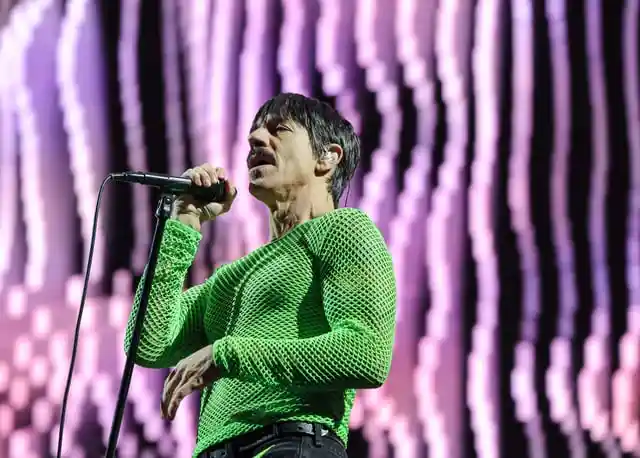
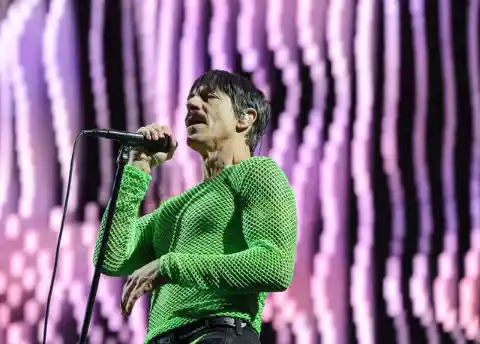
Through it all, one thing has remained unchanged: the off-putting showmanship and even more off-putting vocals of frontman Anthony Kiedis, which serves only to distract from the impressive musicianship of his bandmates.
Moe Tucker - The Velvet Underground
60s art-rock icons The Velvet Underground were all about subverting expectations. Many have praised their progressive attitude in having a female drummer, Moe Tucker, and many more have hailed Tucker's experimental approach to the instrument.
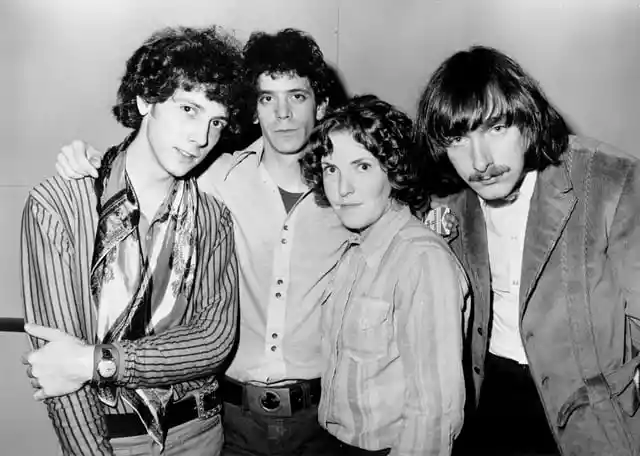
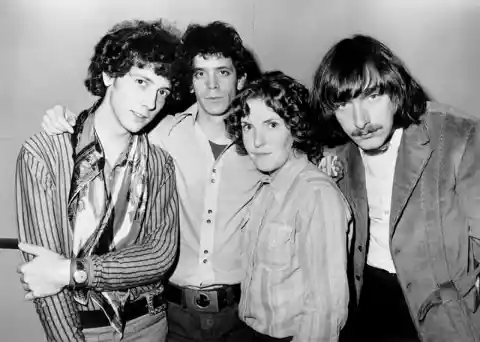
However, it's often hard to listen to those records without wondering if the percussion isn't just someone banging against any random objects they found lying around.
Jason Everman - Nirvana
Because Nirvana's legendary second album Nevermind boasted their classic three-piece lineup, it's often forgotten that the group was initially a quartet, featuring second guitarist Jason Everman.
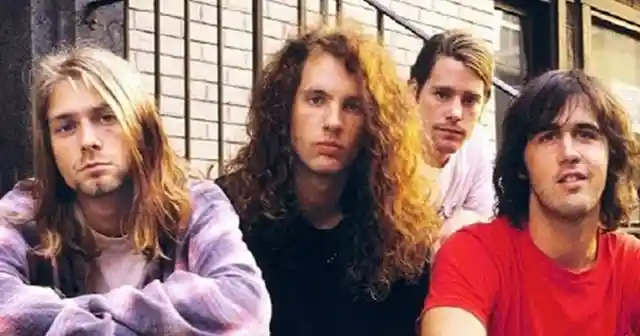
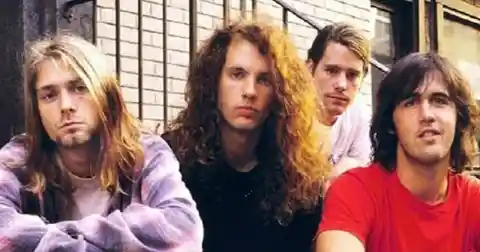
Recordings of Everman's playing are scarce (he doesn't play on first album Bleach, though he's on the cover), but he was a poor fit with the alt-rockers, who soon fired him. He later joined Soundgarden, who fired him too.
Howie Dorough - Backstreet Boys
It sometimes feels as though boy bands deliberately enlist one member whose role is simply to fill out the numbers and provide support to the more popular band members.
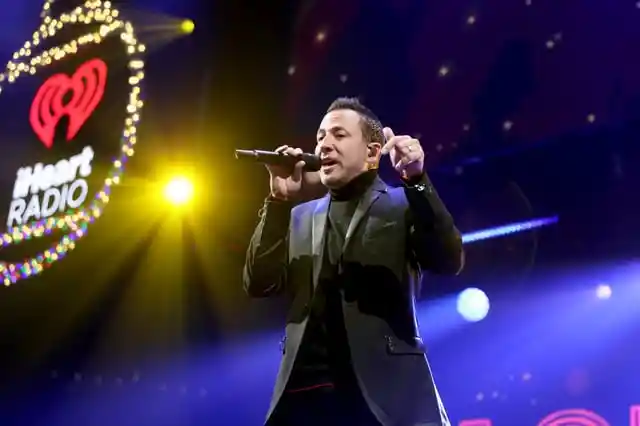
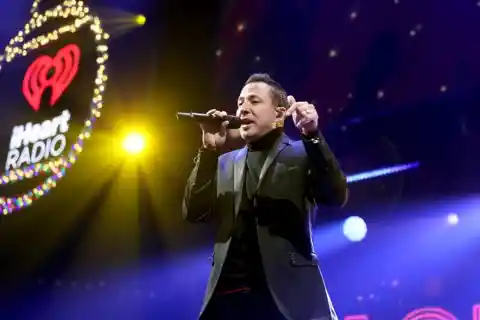
Case in point: Howie Dorough of the Backstreet Boys, the least charismatic member of the quintet who only ended up on the bedroom walls of teenage girls because of who he was stood next to.
Rosé - Blackpink
Considering that, as a mere quartet, Blackpink has a lot fewer members than many K-Pop groups (whose members tend to number around eight or nine), it follows that there's less room for filler in the group.


Even so, Rosé is often highlighted as a weak link in the girl group, bringing less individual flair to the table than her bandmates.
Noel Gallagher - Oasis
Diehard fans of Britpop band Oasis won't hear a word said against Noel Gallagher. In the eyes of many, the group's success was entirely down to him as the principal songwriter and lead guitarist.
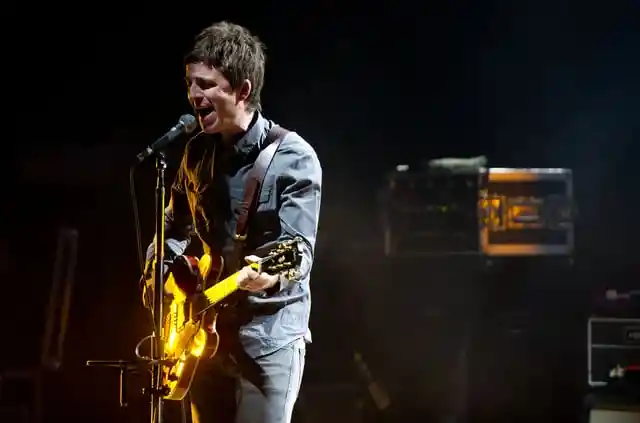
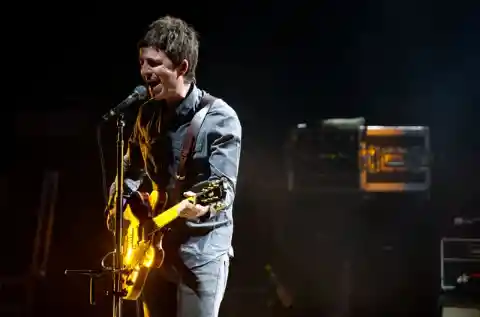
This doesn't change the fact that his songs are derivative and lazy, his playing thoroughly mediocre and his voice about as pleasing as fingers on a chalkboard.
Fred Durst - Limp Bizkit
The 1990s had an abundance of annoying frontmen but no one managed to enrage the masses quite like Fred Durst. The Limp Bizkit singer and rapper wasn't afraid to make a fool of himself and the band if it meant entertaining their fans.
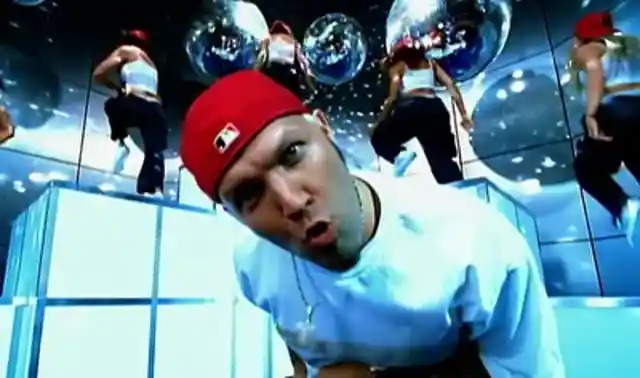
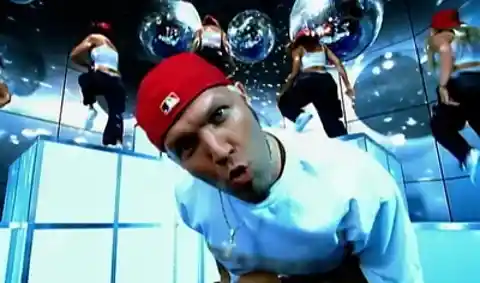
Unfortunately for Durst, though he possessed a pretty strong stage presence and played a part in some undeniable bangers, his voice was so whiny it often ruined the hard work put in by his fellow band mates, notably Wes Borland.
Liam Gallagher - Oasis
The only people in Oasis who weren't awful were the ones whose names you didn't know. While brother Noel spent most of his time ripping off other musicians to fuel the band's plodding music, Liam was occupied with nothing but a tambourine.
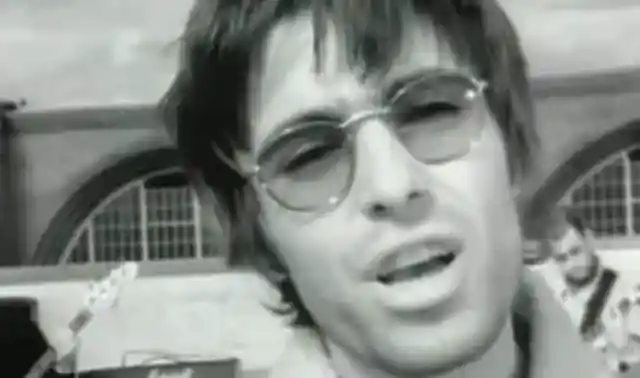
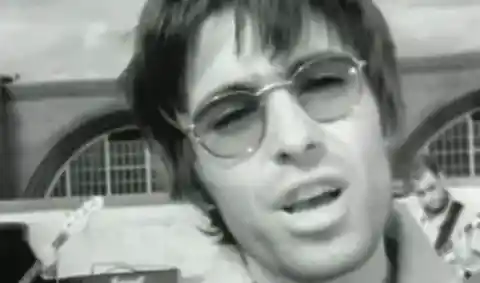
Liam Gallagher played guitar on a few Oasis tracks, but they were nothing you couldn't ask a 12-year-old beginner to play. Yes, his voice in the early days was something to behold, but even that diminished over time.
Yoko Ono - Plastic Ono Band
John Lennon faced a tough decision at the end of the 1960s: stay in the greatest band of all time or ditch them for a new romantic partner and completely change musical direction. In the end, he chose the latter.
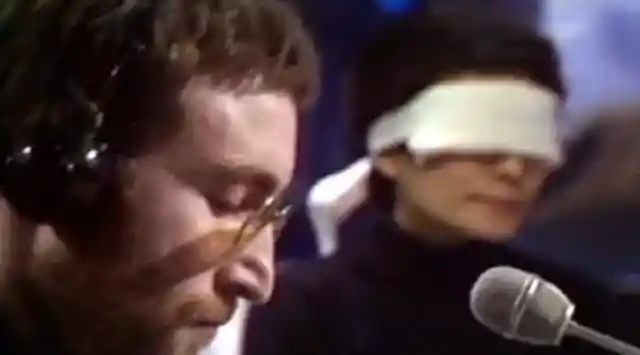
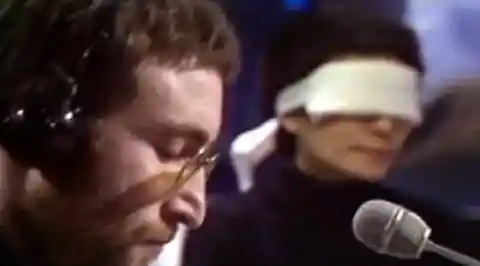
The Plastic Ono Band's self-titled debut album is an undisputed classic, but that had nothing to do with Yoko's contributions. The Japanese artist became famous for her avant-garde approach to songwriting and performing. And by "avant-garde" we mean "screaming into a microphone."
Kurt Cobain - Nirvana
Hear us out: Kurt Cobain was terrible. Just kidding! He was of course an enigmatic frontman with a knack for making the disenfranchised feel that little bit less alone, which is more than most lead singers manage to accomplish.
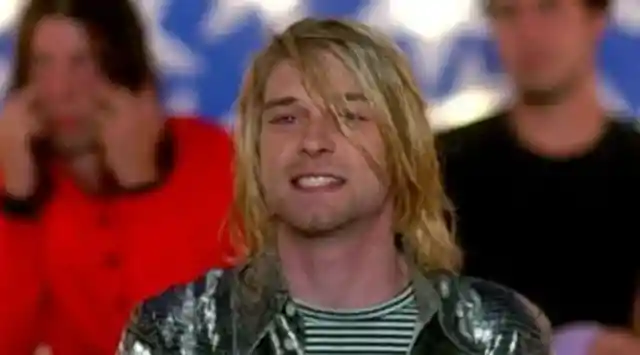
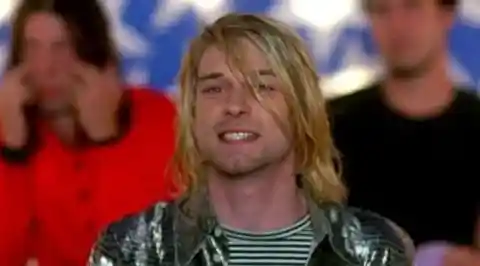
Unfortunately, as a technical musician - there was nothing great about the Nirvana frontman. We never got to see what kind of things Cobain would've gone on to make, but his mewling vocals and basic chord progressions might have lost their novelty.
The Rev - Avenged Sevenfold
A lot of people like to say that without a great drummer, there can be no great band. This is plainly untrue. The Rev was not a bad drummer or musician, but he was definitely not as great as John Bonham or Keith Moon.


Yet despite the Rev's mediocrity, metalcore outfit Avenged Sevenfold did very well for themselves. You can't help but feel that the Rev's untimely passing in 2009 put a bit of a shine on his legacy, however.
Billie Joe Armstrong - Green Day
Fun fact: the opening line of Green Day's American Idiot was originally: "Don't wanna be known as an overrated musician by content writers in the 2020s!" We all love Billie Joe, but does he really deserve his place in pop-punk history?
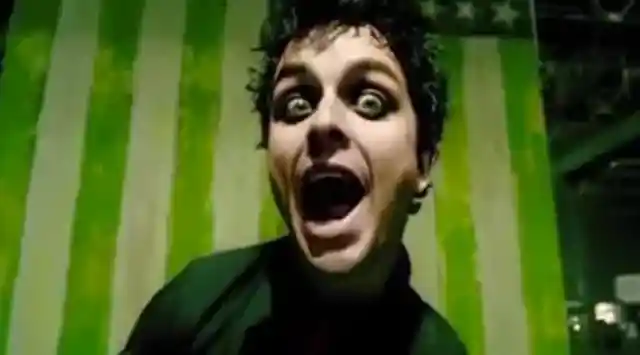
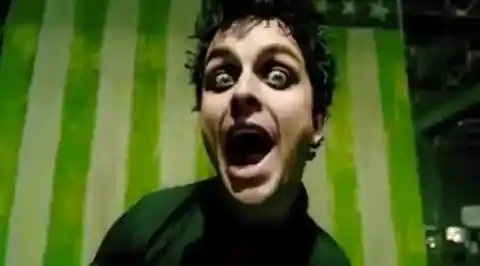
Armstrong has faced a lot of stick throughout his career, mostly for exposing himself on stage and throwing hissy fits at teenagers. As a result, music fans have begun to doubt whether his basic guitar and vocal skills warrant the drama.
Phil Rudd - AC/DC
Phil Rudd is an infrastructure guy. He's reliable and sturdy, and that's pretty much all you can hope for in a drummer. However, if you're in a band as big and loud as AC/DC, you should expect the occasional flash of genius.
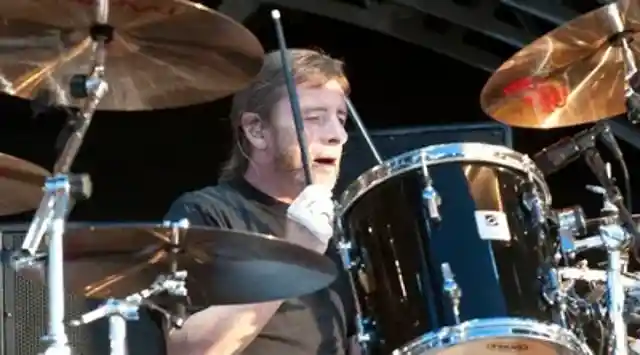
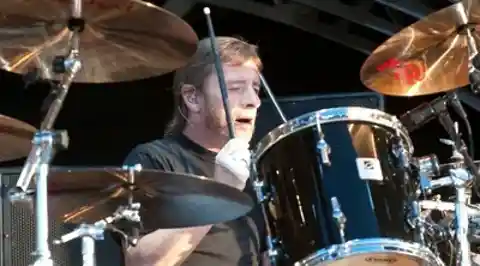
Compared to his virtuoso contemporaries, Rudd is a poor drummer simply because he has no flash. He doesn't throw his sticks in the air, catch them with his toes, and then do the sickest drum full you've ever heard. What a shame.
Alec Jon Such - Bon Jovi
Unless you slap the heck out of it and throw in some crazy flourishes, nobody is going to recognize your bass playing, no matter how big your band is. No wonder Alec Jon Such just turns up, does his job, and leaves.
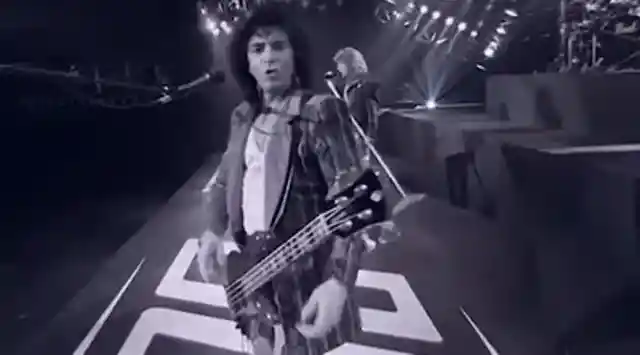
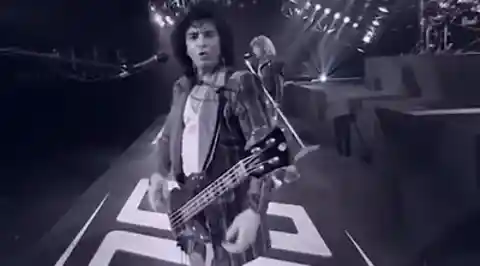
Alec Jon Such. Even the name suggests he was never destined to make a splash. It's giving young beneficiary of inherited wealth. It's giving post-Impressionist American painter. It's giving untalented 80s bass player.
Bez - Happy Mondays
In Bez's defense, he never claimed to be a musician, but he's still the worst of the Happy Mondays. Invited to join the group based on vibes alone, Bez became the de facto mascot of this Madchester band back in the 1980s.


If you don't know who Bez is, just look out for the maniac dancing with maracas. He's a good man, Bez, but his contribution to the Happy Mondays, beyond the initial joke, was negligible. We wish him all the very best.
Fred Schneider - The B-52's
Whatever Fred Schneider does vocally works, but you can't exactly call it good. Schneider's off-the-wall, seriously lacking-in-technique vocals mean he has to walk the plank, no matter how much we love Rock Lobster. Sorry, Schneider.
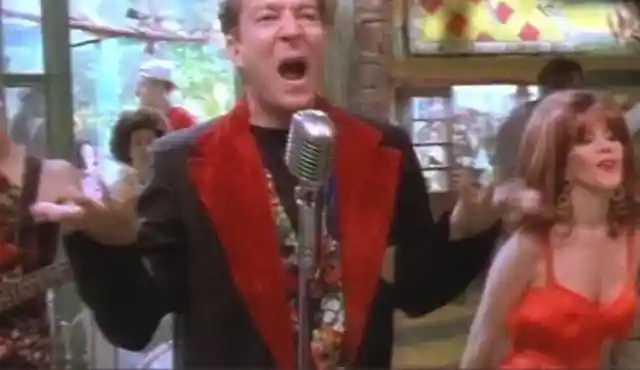
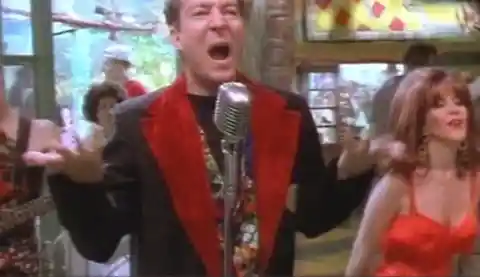
A student of the infamous talk-singing school, Fred Schneider has a voice that is instantly recognizable but pretty grating. His bandmate Kate Pierson, on the other hand, has one of the greatest voices in history - and she gets drowned out!
Michelle Phillips - The Mamas & the Papas
Did you know there's a rumour that Michelle Phillips didn't actually sing a note on the Mamas & the Papas tracks? Could it really be that a group famous for their harmonies could have enlisted a ghost-singer to front for Phillips?
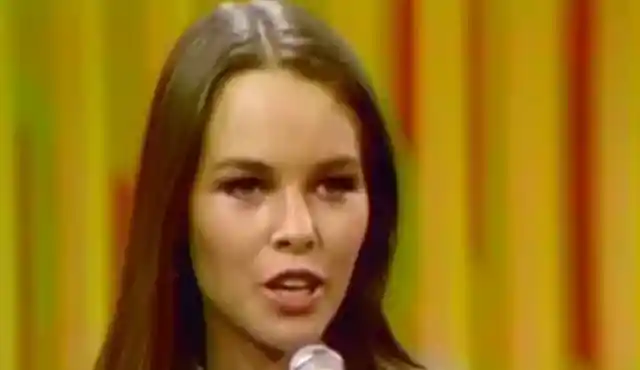
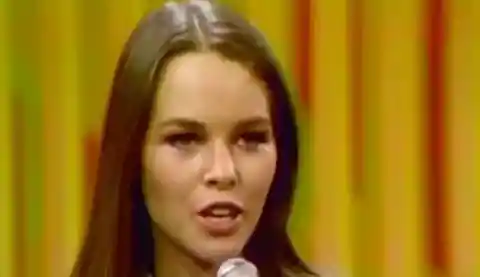
Possibly. Phillips has said in several interviews that her voice wasn't anywhere near as good as that of Mama Cass'. She even once described singing into a broken microphone on stage and how the crowd couldn't tell the difference. Yikes!
Donna Godchaux - The Grateful Dead
Every Grateful Dead fan has their own thoughts on individual albums and song supremacy, but there is one thing they can agree on, and that's who's the worst member. The answer is always, without a second thought, Donna Godchaux.
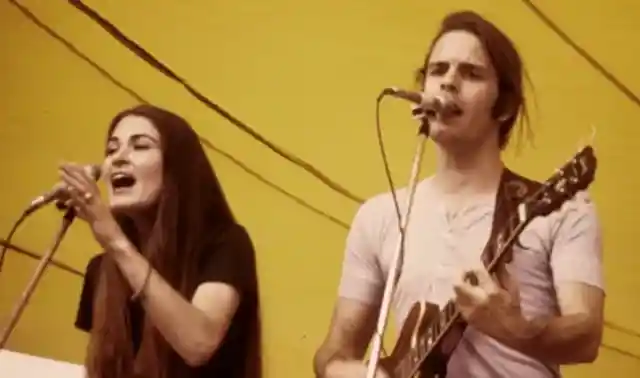
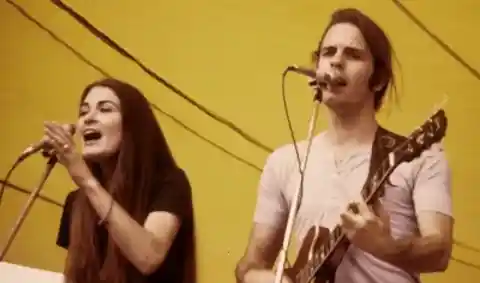
Why? Her voice is just annoying. It often gets in the way of an otherwise good track, of which the Dead have plenty. Donna Godchaux doesn't deserve the bile she receives in today's comment sections, but her tenure was marked by mediocrity.
Jim Morrison - The Doors
Many music historians have retconned Jim Morrison as a poet trapped within the confines of a rock band. Unfortunately, he just wasn't. He was a bog-standard lounge singer with lyrics that could've been lifted from any angsty 13-year-old's diary.
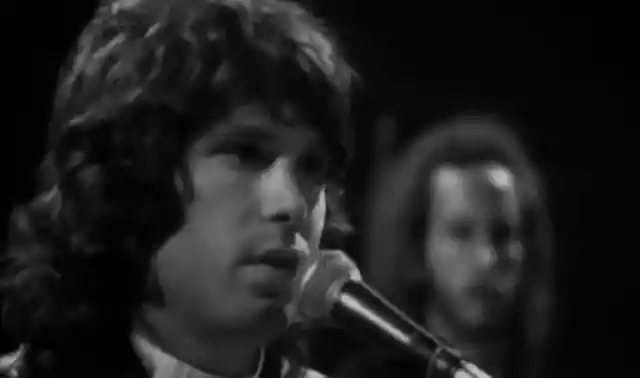
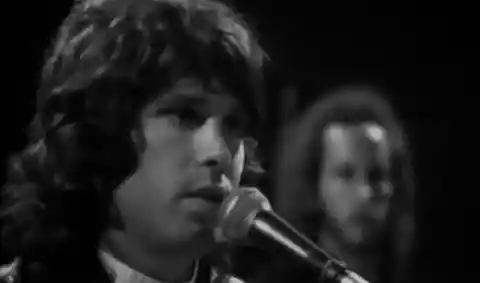
And that's before you even get to the self-obsessed slop that is the Doors' music. Jim Morrison's greatest achievement was proving to millions of people, beyond a reasonable doubt, that he possessed anything that could remotely pass for talent.
Paul Simonon - The Clash
Paul Simonon is the one you can see smashing his bass guitar on the iconic cover of the Clash's 1979 album London Calling. He claims he did this for rock's sake, but it could have been because he couldn't play the thing.
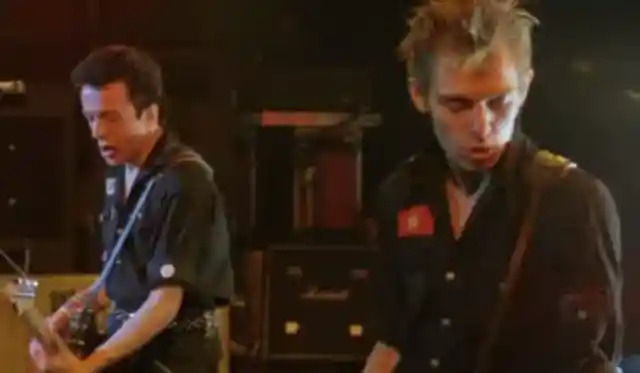
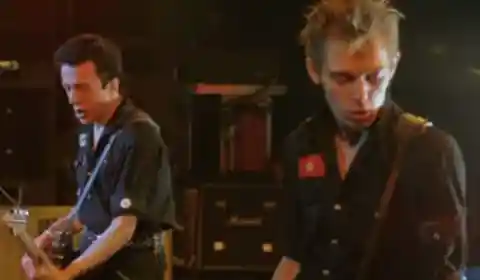
After the Clash fell to pieces in 1986, Simonon virtually retired from music. That should tell you pretty much everything you need to know. His main passion was painting, which he's actually great at. Good for him for finding his real (London) calling!
Andy Summers - The Police
The Police may include Sting, one of the most annoying humans to have ever lived, but they also wrote some of the greatest songs of the 1980s. Did that have anything to do with Andy Summers? Likely not. Sorry, Summers.
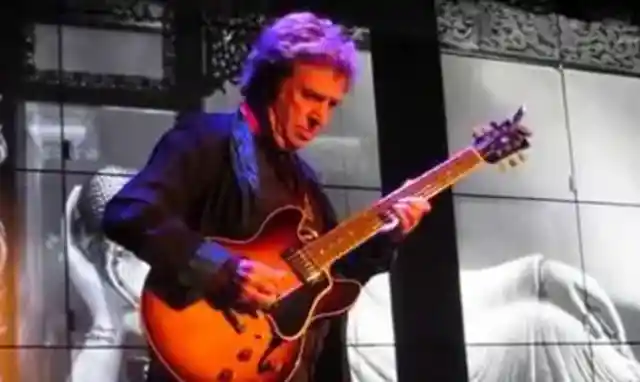
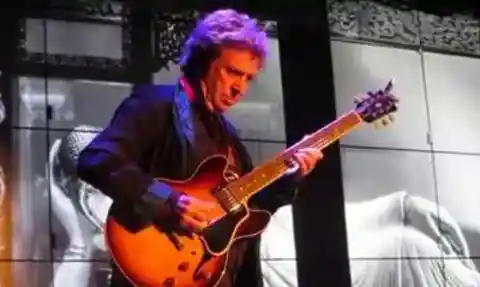
Andy Summers has a sloppy touch. His solos leave a lot to be desired. Presumably, he was let into the band on good vibes alone. For all we know, Sting just loved his hair and hired him based on that alone.
Mick Avory - The Kinks
Believe it or not, Mick Avory was the first-choice drummer for the Rolling Stones before they found Charlie Watts. In the end, Keith Richards dismissed him as "too flashy." Avory then joined the Kinks and became anything but.
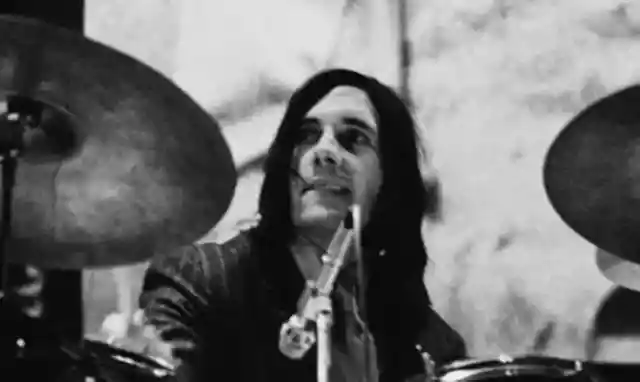
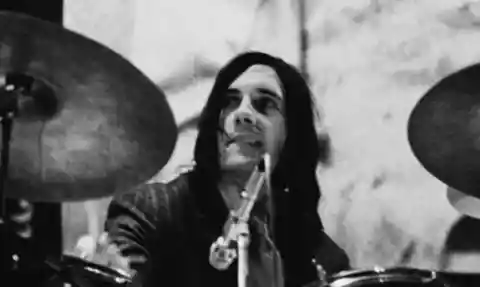
Had Avory gotten his chance with the Stones he may have been included on various greatest drummer lists. Sadly, he's on this one instead. Avory was a fine drummer, make no mistake, but he in no way added to The Kinks' legacy.
Dennis Wilson - The Beach Boys
When you think about the Beach Boys, those nostalgic surf rock guitar licks probably come to mind. As do the greatest harmonies likely ever caught on tape. What doesn't often come to mind is Dennis Wilson's drumming.
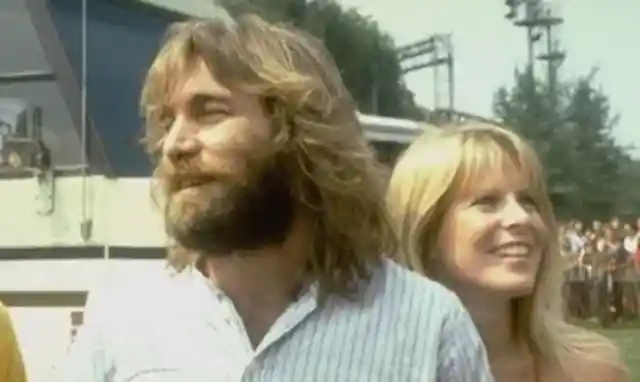
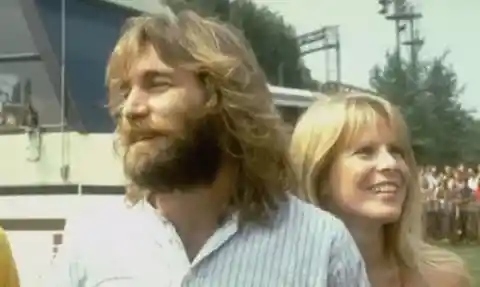
While we continue to pour one out for the late Wilson, it has to be said that his talent was largely dwarfed by that of his brother, Brian. Otherwise known as the main songwriter and occasional lead singer of the group.
Marlon Jackson - Jackson 5
Once you name Michael, Janet, and Jermaine, the Jackson dynasty becomes pretty blurry. Marlon, bless him, falls into that blurry category, and is one of the hardest Jacksons to call to mind visually or sonically. The King of Pop, he was not.
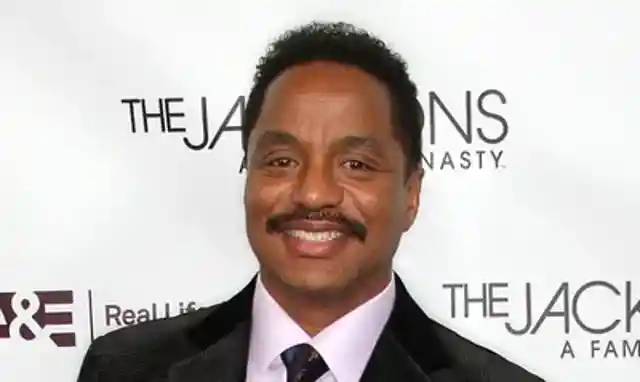
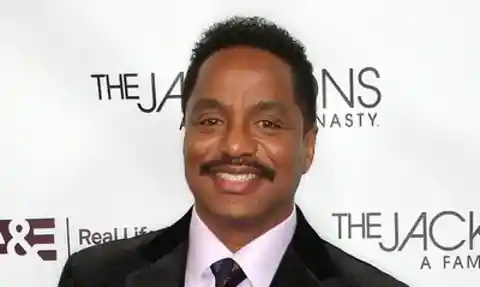
Marlon was a talented dancer. You only have to watch any Jackson 5 performance to see that. Singing? That was never something he was known for - and he still isn't today. In Marlon's defense, it's difficult to be Michael Jackson's brother.
CC Deville - Poison
Eddie Van Halen may have raised the game for guitarists in the hair metal scene, but he also spawned a lot of overcomplicated nonsense. Exhibit A is Poison's CC Deville, whose reasonable ability was often overshadowed by his penchant for terrible solos.
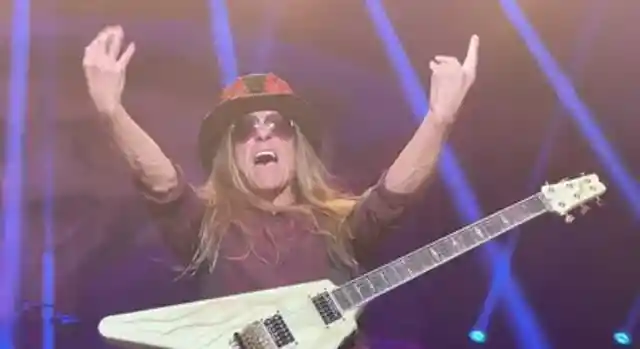

CC Deville sacrificed any hope of Poison having a decent melody in their songs in order to show off and prove a lot of people's fears about the genre. In short, that's it's a lot of overwrought silliness from top to bottom.
Scott Stapp - Creed
When Eddie Vedder burst onto the scene in the 1990s, he was a breath of fresh air. Finally, a rock band whose singer doesn't scream! Then Scott Stapp decided to copy him and turn a refreshing style into unintelligible guff.
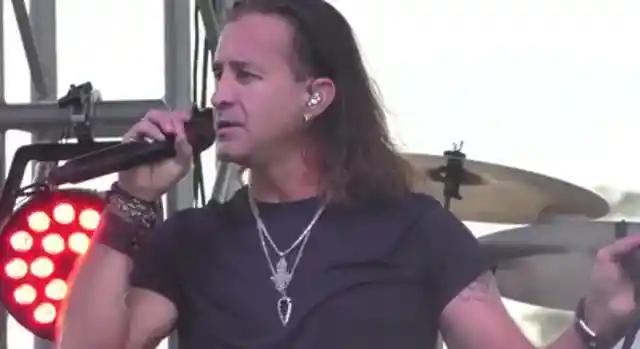
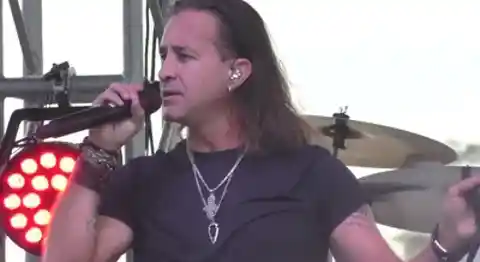
What is Scott Sapp saying in Creed's songs? Apparently, it's all Christian-inspired lyrics. Maybe not being able to make out Sapp's vocals isn't the worst thing in the world, but his mush-mouthed enunciation is certainly pretty tiring.
Tom Morello - Rage Against the Machine
Tom Morello seems like a decent guy, so we don't want to rag on him too much, nor do we want to diss the trailblazing Rage Against the Machine. But if we're separating the wheat from the chaff, we need to face facts.
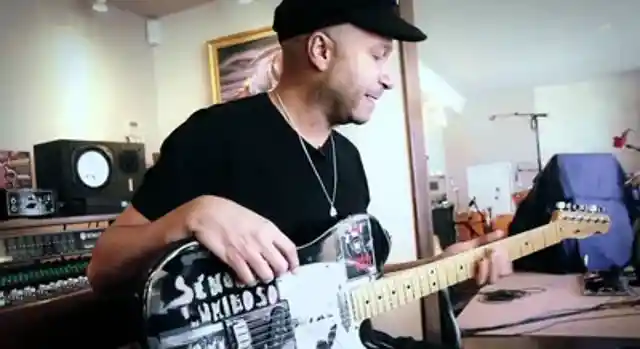

Tom Morello just isn't that good. Maybe it's because he doesn't walk around like other guitarists, showboating and bragging, but it's difficult to pinpoint his sonic identity or what he really brings to the band in terms of craft.
Caleb Followill - Kings of Leon
Kings of Leon deliberately abandoned their bluesy origins to write an album of radio rock that could enter the mainstream. Then Caleb Followill pitched a strop because none of the new fans knew their old stuff. That alone makes him annoying.


Then, when you examine his guitar work, you find that it's pretty uninspired stuff. Caleb smells of someone who got into playing to flatter his own ego, which would be fine if he admitted it. Instead, he acts resentful of global success.
Kirk Hammett - Metallica
Kirk Hammett is the definition of a hit and miss musician. Sometimes great, often terrible, there is maybe no other guitarist in rock who has been as inconsistent. Even beloved fans of the band have professed to not liking Hamett's work.
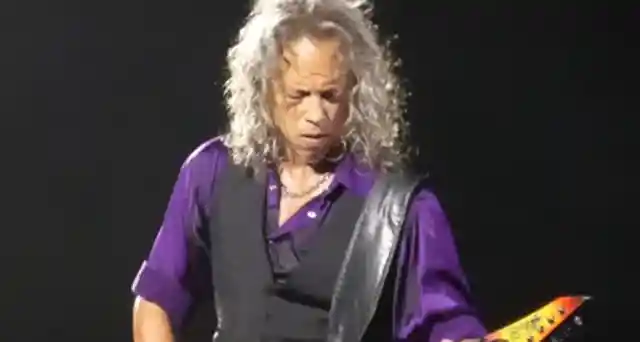
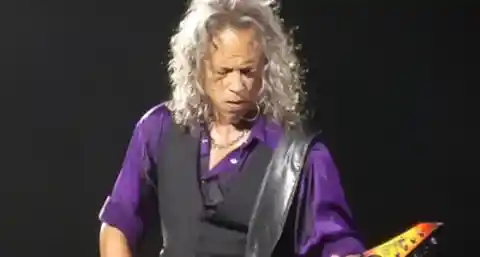
There's a clip of Metallica recording The Unforgiven. In it, Hammett struggles to play the song. "It’s just not his style," drummer Lars Ulrich says. "You know, if he was going to play something like that it might take him six months."
Joe Trohman - Fall Out Boy
Joe Trohman has played on some of the most popular guitar-driven songs of the 2000s, and yet hardly anyone knows his name. That's because, discounting the on-stage spinning thing, Trohman doesn't do all that much performance-wise.
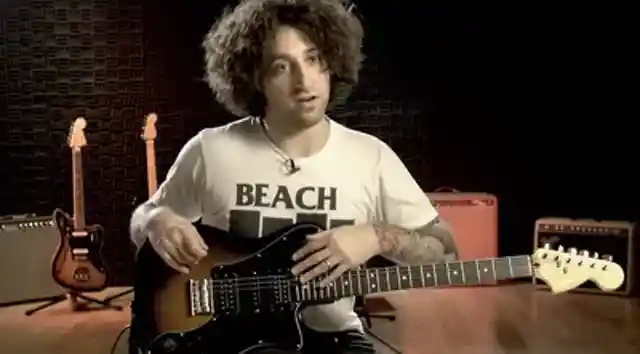
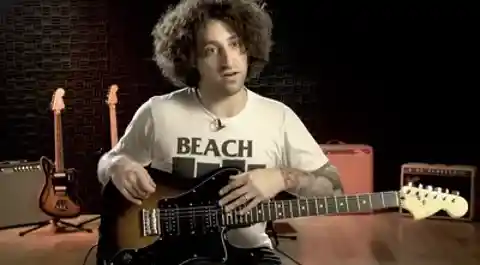
Upon reflection, you'll realize that a lot of the tricky guitar work and drool-worthy licks that made Fall Out Boy so famous can all be credited to Patrick Stump. Good old Patrick Stump. We love him. Trohman, you're going down in our estimations!
Iggy Pop - The Stooges
There's a reason most people only know Iggy Pop as the naked, wrinkly dude from the commercials, and it's because his back catalog is severely lacking in anything noteworthy. The Stooges have, what, maybe one good song?
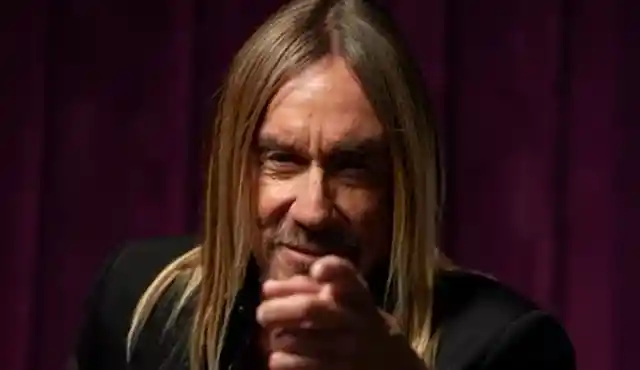
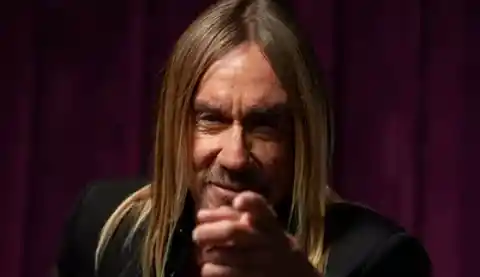
Beyond that, they were in the right place at the right time, meaning Iggy Pop was in a shirtless and offensive place during a clothed and inoffensive era. His vocals are mediocre, and his stage presence relies entirely on degeneracy. Pass!
Slash - Guns N' Roses
Sure, Slash has made some riffs that have gone on to become iconic but let's not pretend that he's in the same boat as Hendrix or Clapton when it comes to guitar playing. Let's also not forget that he voluntarily wears that hat.
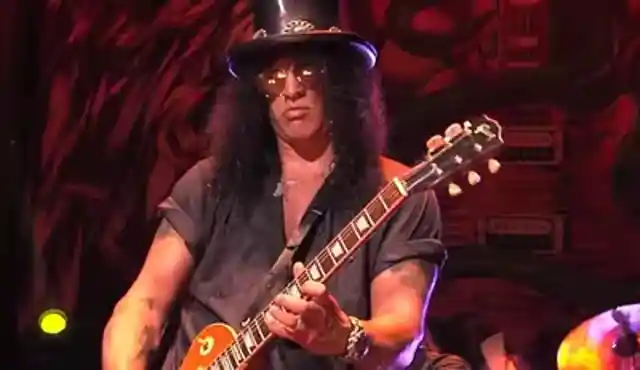
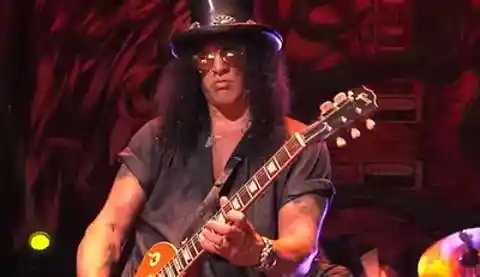
Guns N' Roses' music is always going to be polarising, just like all the music of that era, but most find common ground in Slash's technical prowess or lack thereof. The guy is the epitome of cool, but he's not the best player.
Fergie
Fergie? Really? Do we really have to put someone as perfectly harmless and bland as Fergie on this list of bad musicians? Yes, we do. Despite her legendary looks and earworm hooks, it's an undeniable truth that Fergie cannot sing.
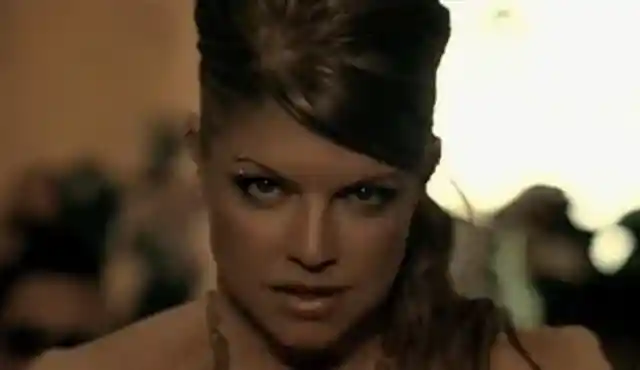
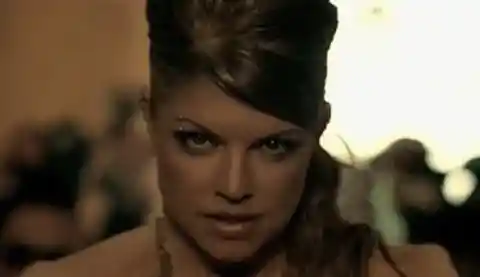
While she may be able to hit the right notes with the help of a studio, many and various are the examples of Fergie failing to sound half as good on stage. The Black Eyed Peas would've been screwed without autotune.
Adam Levine - Maroon 5
When fans first listened to Maroon 5's debut album Songs About Jane, they sympathized with Adam Levine. Nobody likes to hear about the breakdown of a relationship. Then he made the exact same record again, and again... and again.
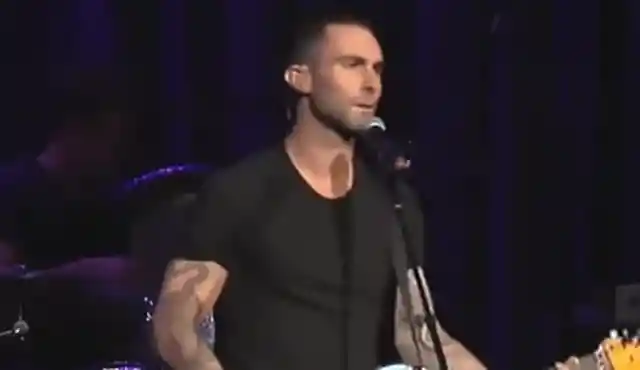

After a while, Levine's voice becomes unbearable. Nasally, whiny, loud, you name it. Sugar is still a great karaoke song to sing if you've been plied with alcohol, but it works so well precisely because Levine can't sing.
Johnny Borrell - Razorlight
Indie music's punching bag back in 2006, Johnny Borrell loved to court controversy as the cocky frontman and principal songwriter of Razorlight. When they fell off the following year, it became clear soundbites were all he had up his sleeve.
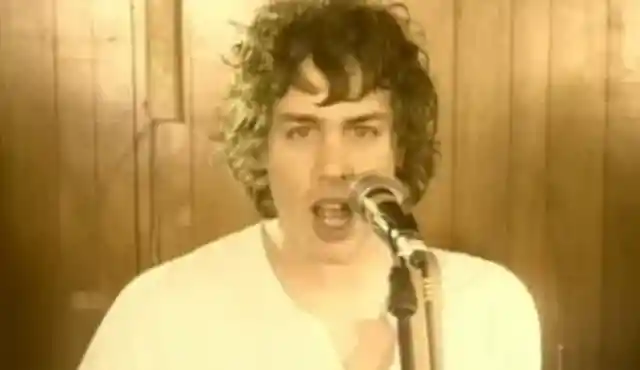
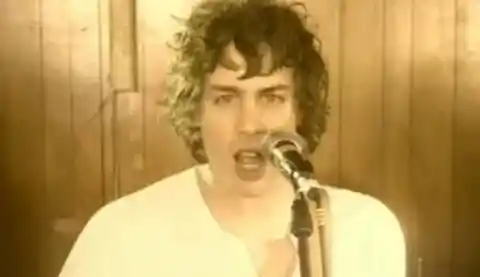
Johnny Borrell wrote the brilliant Golden Touch, there's no arguing with that. However, he also wrote Before I Fall to Pieces. And America. Plus, a look at any live Razorlight performance reel highlights just how bad at singing Borrell was.
Pras - The Fugees
It'd be cruel to say Pras is devoid of any talent, but to most, he is just the third guy from the Fugees. When you're taking the stage with Wyclef Jean and Lauryn Hill, it's a pretty big ask to stack up.
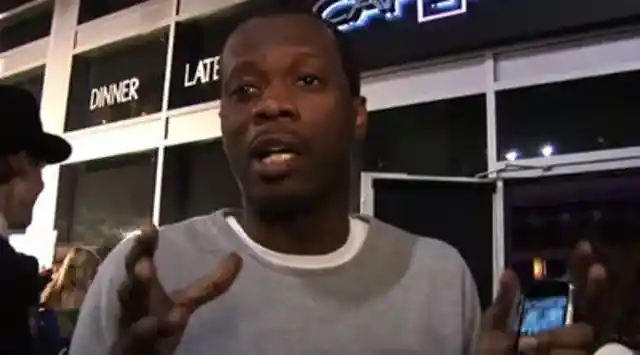
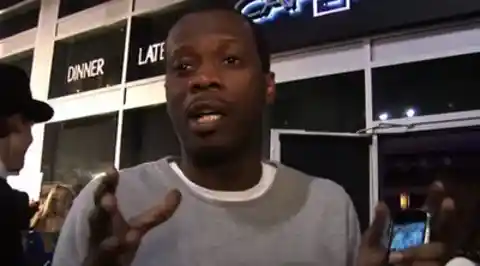
When it came to a reunion, Jean and Hill were the only ones pressured by music journalists. Nobody had to ask Pras whether or not he'd get the gang back together. Plus, he was found guilty of illegal lobbying in 2023.